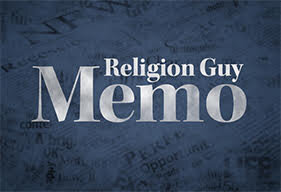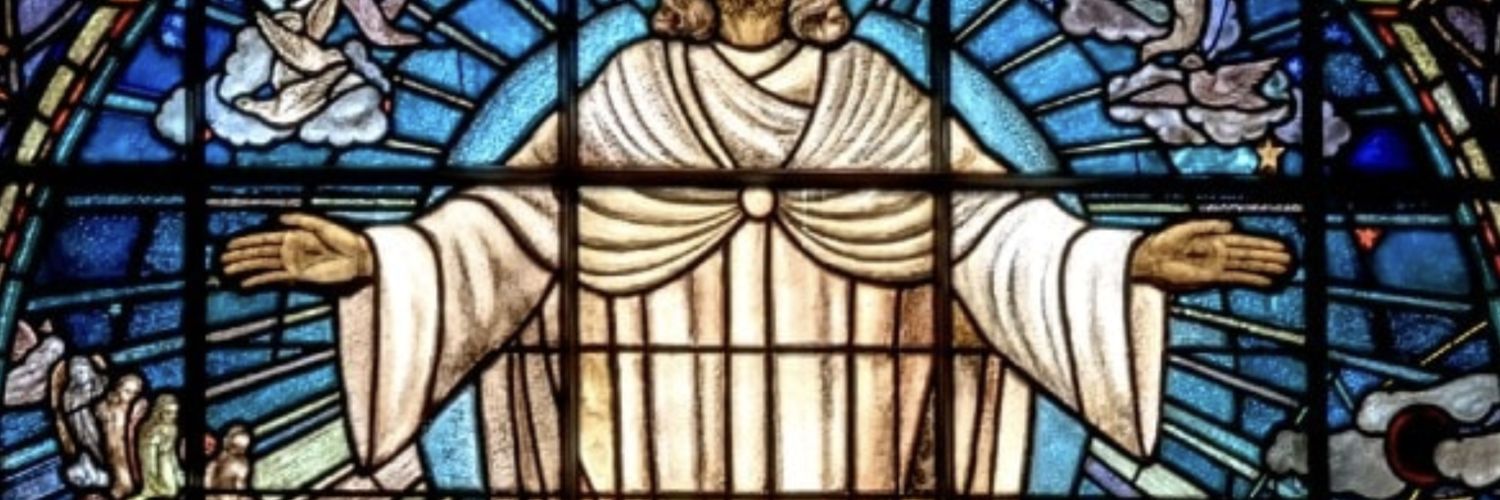Thinking long-term, a group of Christians has been quietly at work pulling together what they bill as “the greatest celebration in all of history.”
Yes, you read that right. The Big Idea is that all imaginable sorts of believers will join in events across 24 time zones on — mark your calendars! — Easter morning, Sunday, April 17, 2033. That will mark the ultimate in anniversaries, 2,000 years since Jesus Christ’s resurrection from the dead. (That’s necessarily a symbolic date since there’s no consensus on the exact year.)
They call it Jesus Celebration 2033 or “JC2033.”

Lest anyone freak out about the date, organizers assure us that “in no way whatsoever are we associating this jubilee with” the Second Coming of Christ.
Why? “He will return when the Father in heaven decides and it is not given to us to know when (Mark 13:32).”
Explanatory materials envision that “every disciple of Christ” on earth will participate in collective witness to show “we love each other in the Holy Spirit!”
That will take some planning. However, “Christians from all backgrounds and God seekers” will celebrate “spiritual unity, not a theological unity. We believe in unity in diversity.” This is presented as “a historical opportunity to share in words and in actions the Love of God to the ends of the earth.”
Christians will also be asked to join in “tangible demonstrations of God’s love.” Festivities are intended to be “joyful, artistic and creative.” Gatherings would not only occur in churches but “stadiums, squares, parks, mountains, fields, beaches, homes and on the Internet!”
OK, editors, reporters, producers and other media planners, that’s a dozen years off, and there’s no telling whether the dream will fizzle. But the concept is bold enough to invite features now.
If you’d like a news peg, on Sept. 30- Oct. 2, leaders of Egypt’s massive Coptic Orthodox Church — COVID-19 willing — plan to host an international planning session at their Anafora retreat center north of Cairo. A Jerusalem confab is then scheduled for April 24-May 1, 2022.
So, who’s involved?
In Egypt, talks have included the Coptic Orthodox pope, Anglican archbishop, Eastern Orthodox metropolitan, the Melkite Catholic priest who heads communications for Egypt’s Council of Churches, a group of 18 Protestant denominations and various evangelical parachurch leaders. No doubt the JC2033 team will seek to enlist such church constellations nation by nation.
On the global level, however, there’s no sign of engagement by the Vatican’s Pontifical Council for Promoting Christian Unity (office@christianunity.va or phone 39-06-698-83072) much less papal endorsement, which will be crucial for success. So far, evangelical and especially Pentecostal and Charismatic believers are the most visible enthusiasts.
The missing Catholics are especially notable because a Swiss cardinal, Kurt Koch, heads the Vatican’s unity council and the JC2033 office is in Switzerland (info@jc2033.world or phone 41-79-774-41- 49). Key spokesmen there are Director Olivier Fleury and interchurch relations staffer Martin Hoegger. For further info, examine the Facebook page and websites here, then here and also here.
Fleury, the founder of JC2033, says that while in Australia in 2007 he received a direct vision from God calling for this observance. In 1995, Fleury, then a graphic artist, joined the staff of Youth With A Mission — a large, loose evangelism network that is well worth a feature in itself, for those who haven’t covered it. He is now director of YWAM’s 250-member staff in Switzerland.
He’s a member of the Christian City Church (“3C”) movement, which is yet another phenomenon worth a close look. This group began in 1980 with a single congregation in suburban Sydney and now reports more than 500 affiliates scattered across 64 countries. 3C upholds the standard Charismatic belief in the “baptism of the Holy Spirit as a gift available to believers subsequent to the new birth, with normal evidence of speaking in other tongues.”
FIRST IMAGE: Screenshot from the Crossroads Initiative.










